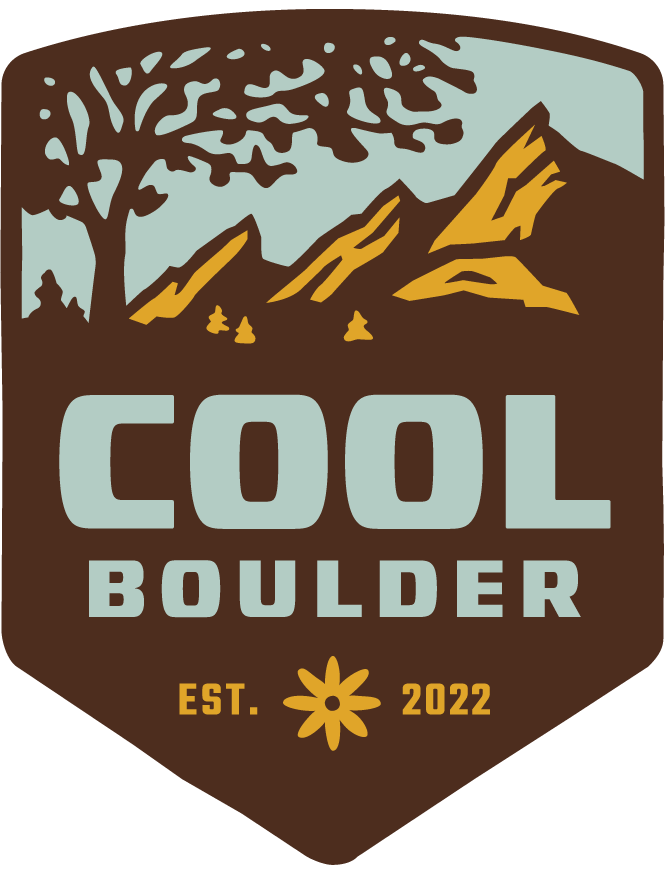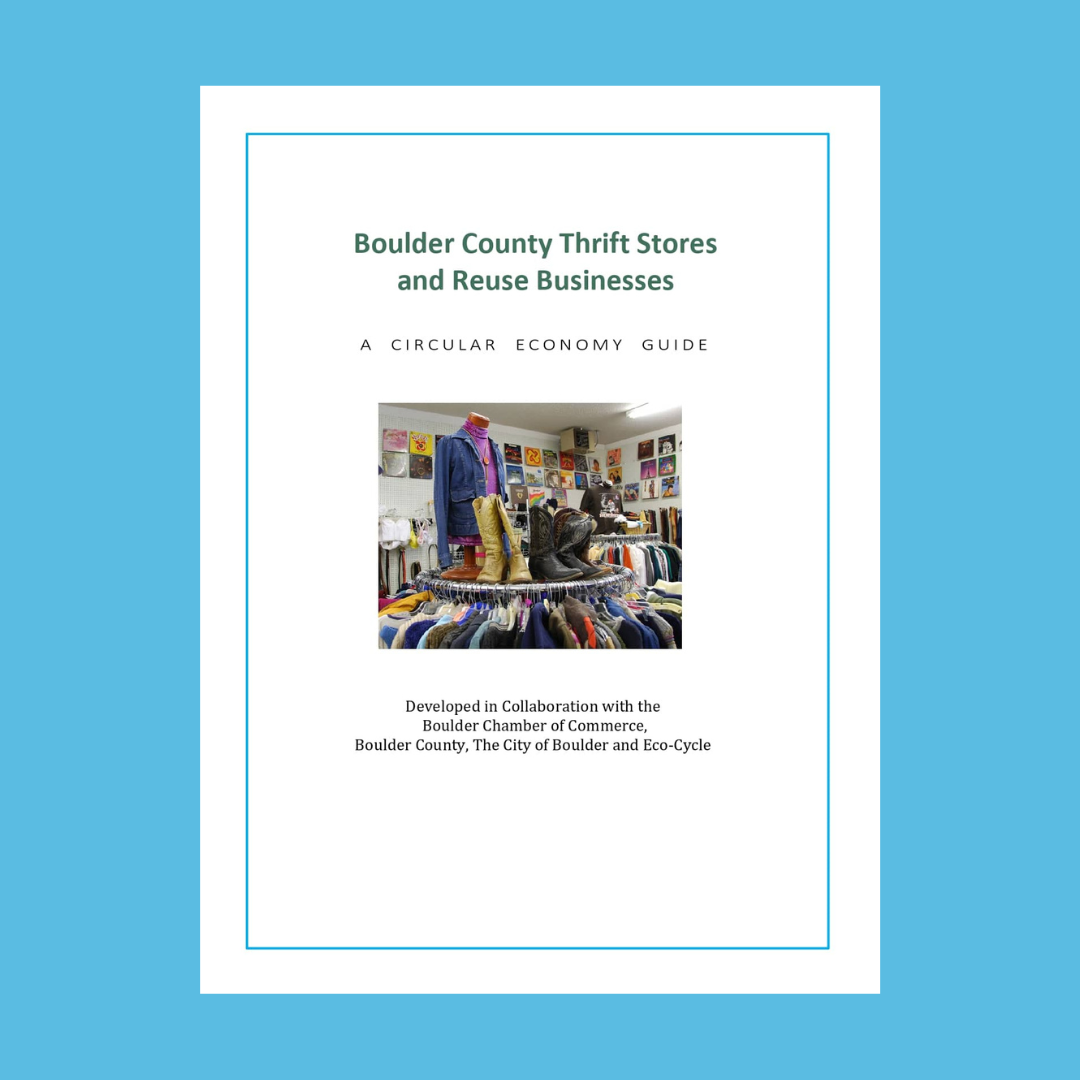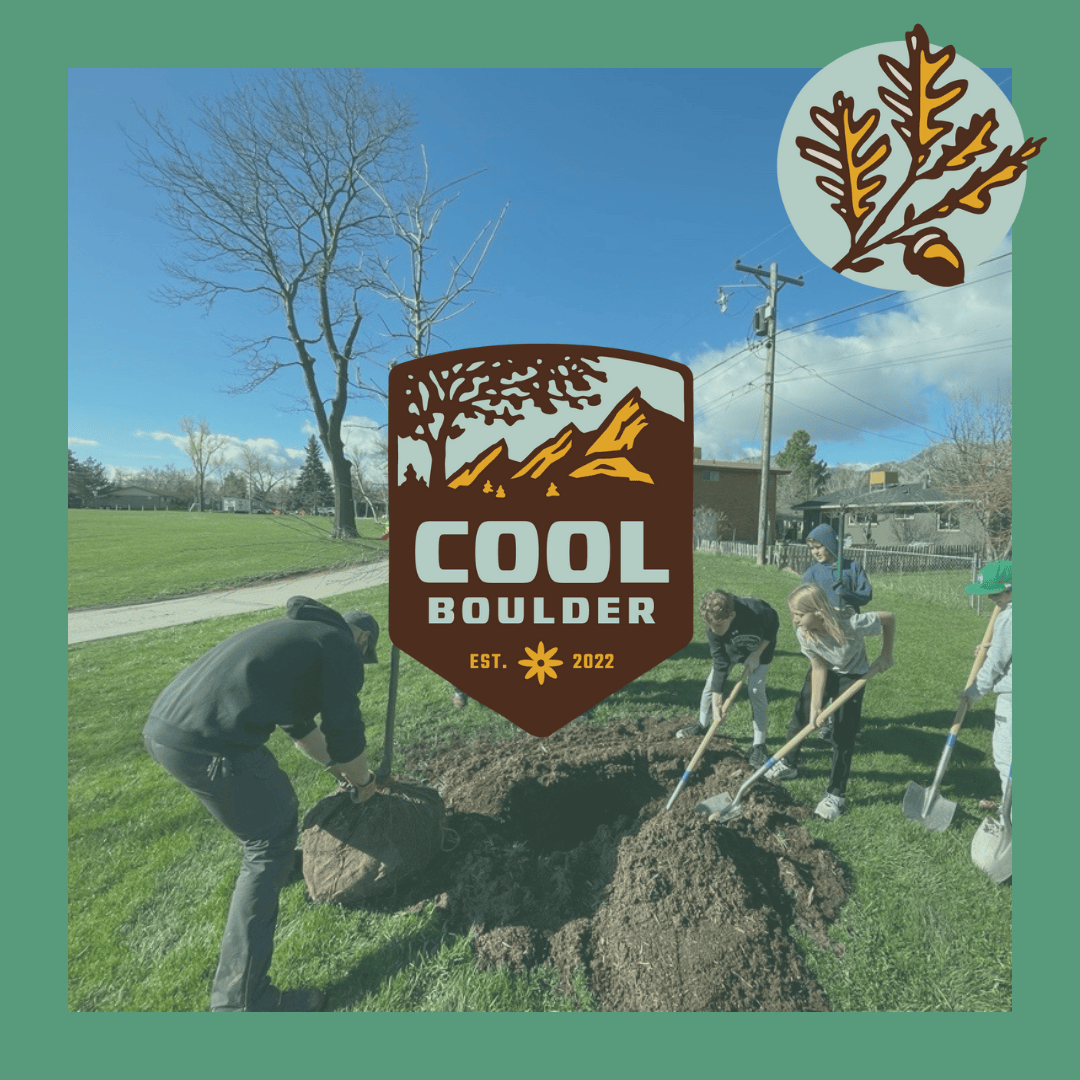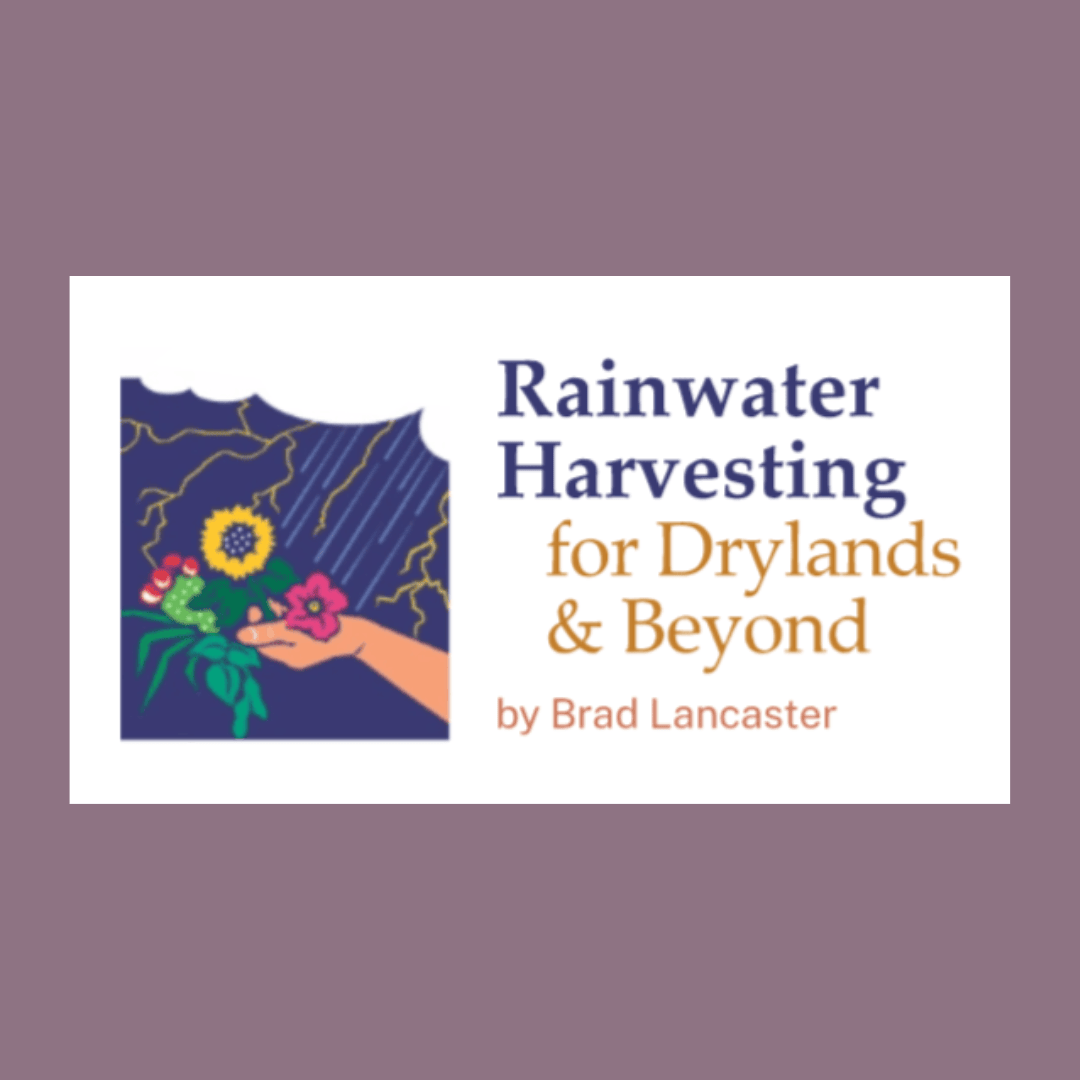Blog
Check back regularly for the latest Cool Boulder Campaign news.
Continue to the next section to review our full blog!
2023 Themes
January:
New Year Kick-off & Biodiversity
February:
Garden and Habitat Planning
March:
Soil Health and Regenerative Practices
April:
Tree Planting & Tree Care
May:
Biodiverse Places and Spaces
June:
Drought & Water Use
July:
Community Heat Impacts & Mitigation Strategies
August:
Wildfire Resilient Landscapes
September:
Pollinators & Insects
October:
Harvest / Regenerative Agriculture
November:
Seeds – Adaptations & Propagation Methods
December:
Off-Season Yard Care / Compost as a Climate Resource
Interested in a specific topic?
Search By Author
- Amy Yarger
- Andrea Montoya
- Brett KenCairn
- Caroline Petterson
- Daniel Hanson
- Dave Sutherland
- Elizabeth Black
- Ellen Orleans
- Guest User
- Josh Morin
- Kristine Johnson
- Lynn Riedel
- Melanie Hill
- Michelle Ferguson
- Mike Riechert
- Mikl Brawner
- Rella Abernathy
- Sandy Briggs
- Steve Armstead
- Tiffany Nurrenbern
- Tim Seastedt
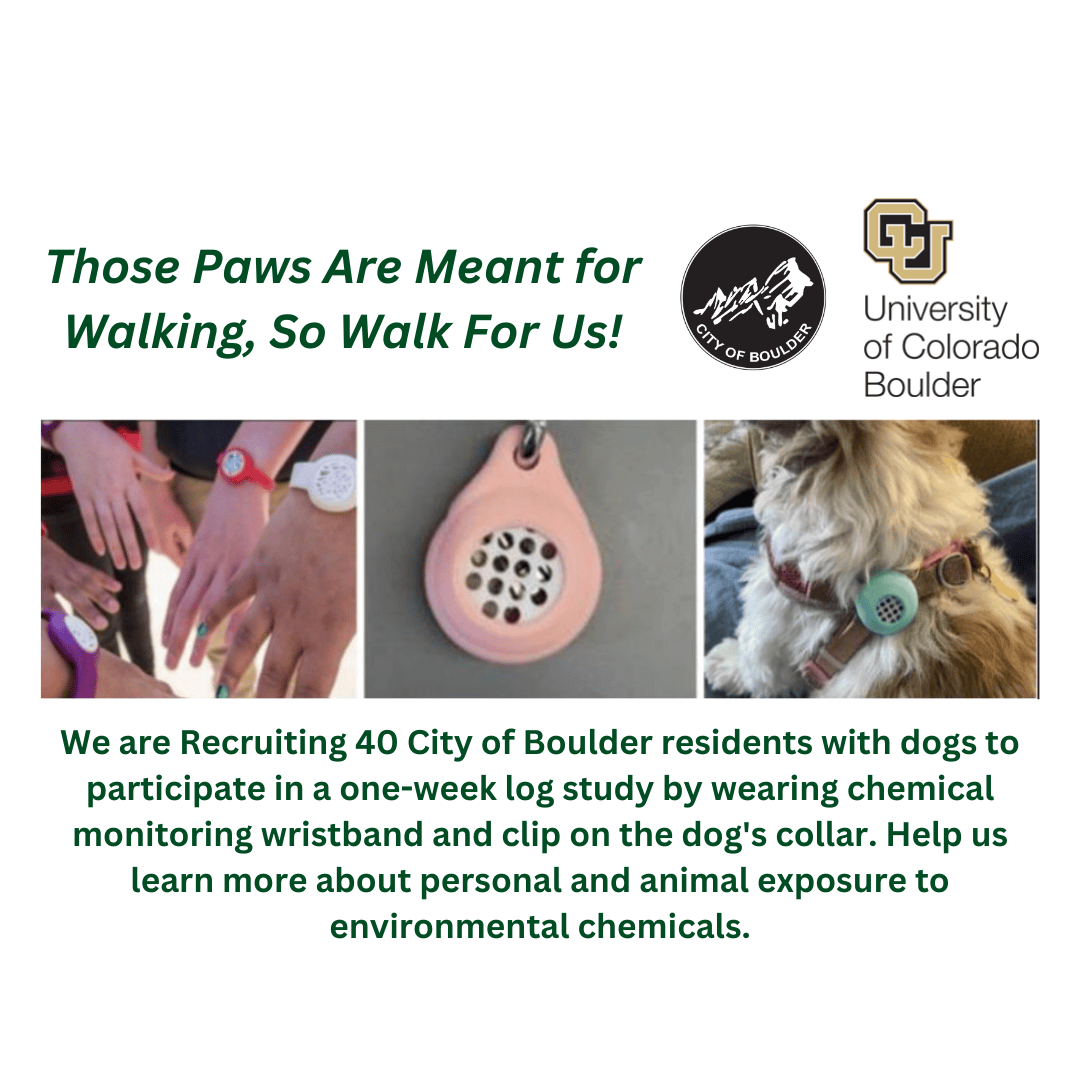
Recruitment is COMPLETE for Our Environmental Chemical Exposure Study!
Recruitment is complete for our Environmental Chemical Exposer Study! Thank you to everyone who applied for this community science opportunity! Participants will walk their dogs while wearing a chemical monitoring wristband and clip on their dog's collar to help us learn more about personal and animal exposure to environmental chemicals. Community participation will help us assess the exposure that people (and dogs) are experiencing during daily activities outside in Boulder.

Sign Up Now for Our Environmental Chemical Exposure Study!
The University of Colorado Boulder and City of Boulder are recruiting 40 city of Boulder residents with dogs to participate in a one-week long study. Participants will wear a chemical monitoring wristband and clip on their dog's collar to help us learn more about personal and animal exposure to environmental chemicals.
Your participation will help us assess the exposure that you and your dog are experiencing during daily activities outside.
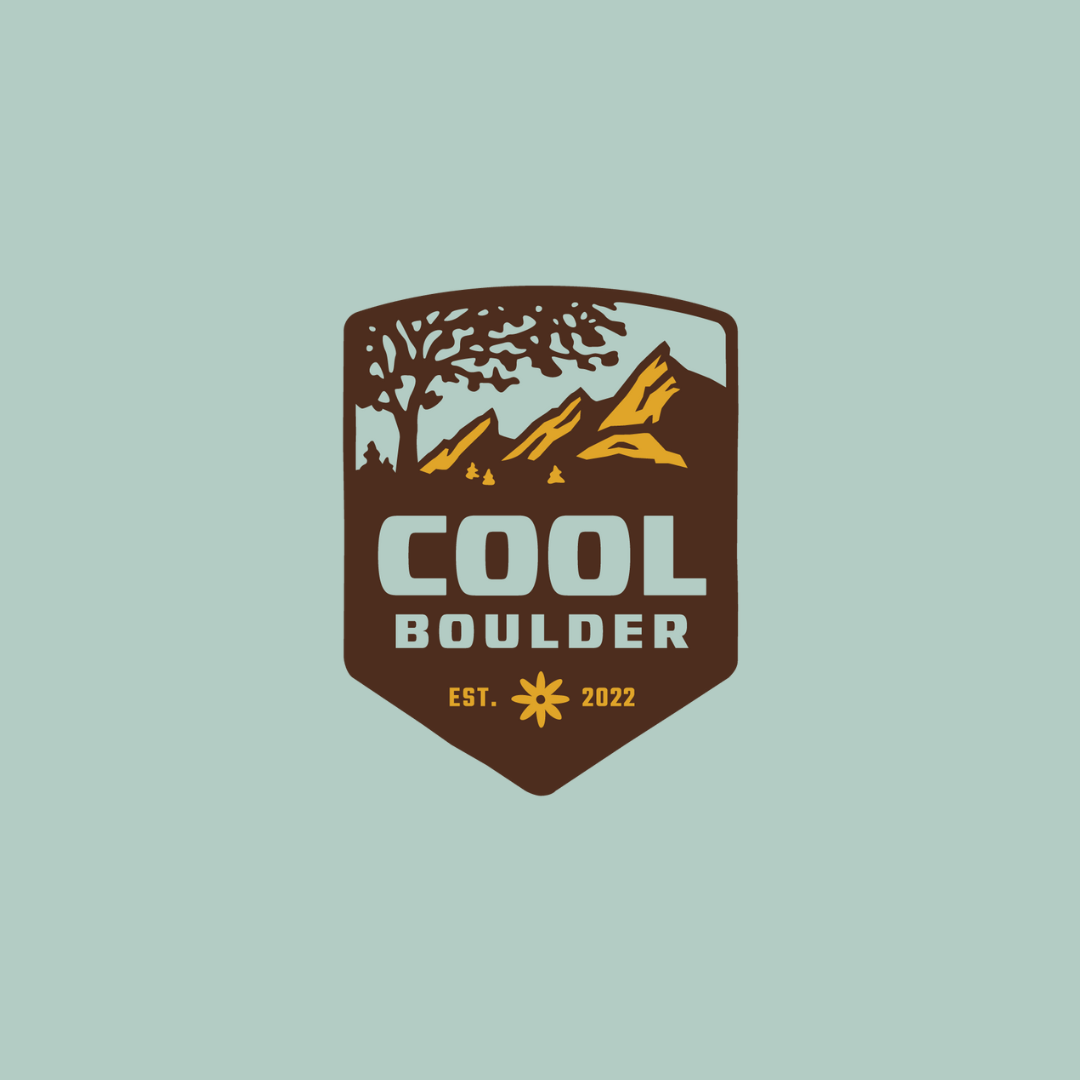
Easy Ways to Take Action!
Looking for easy ways to take action on climate change or biodiversity loss? Check out these simple actions you can take to get involved!
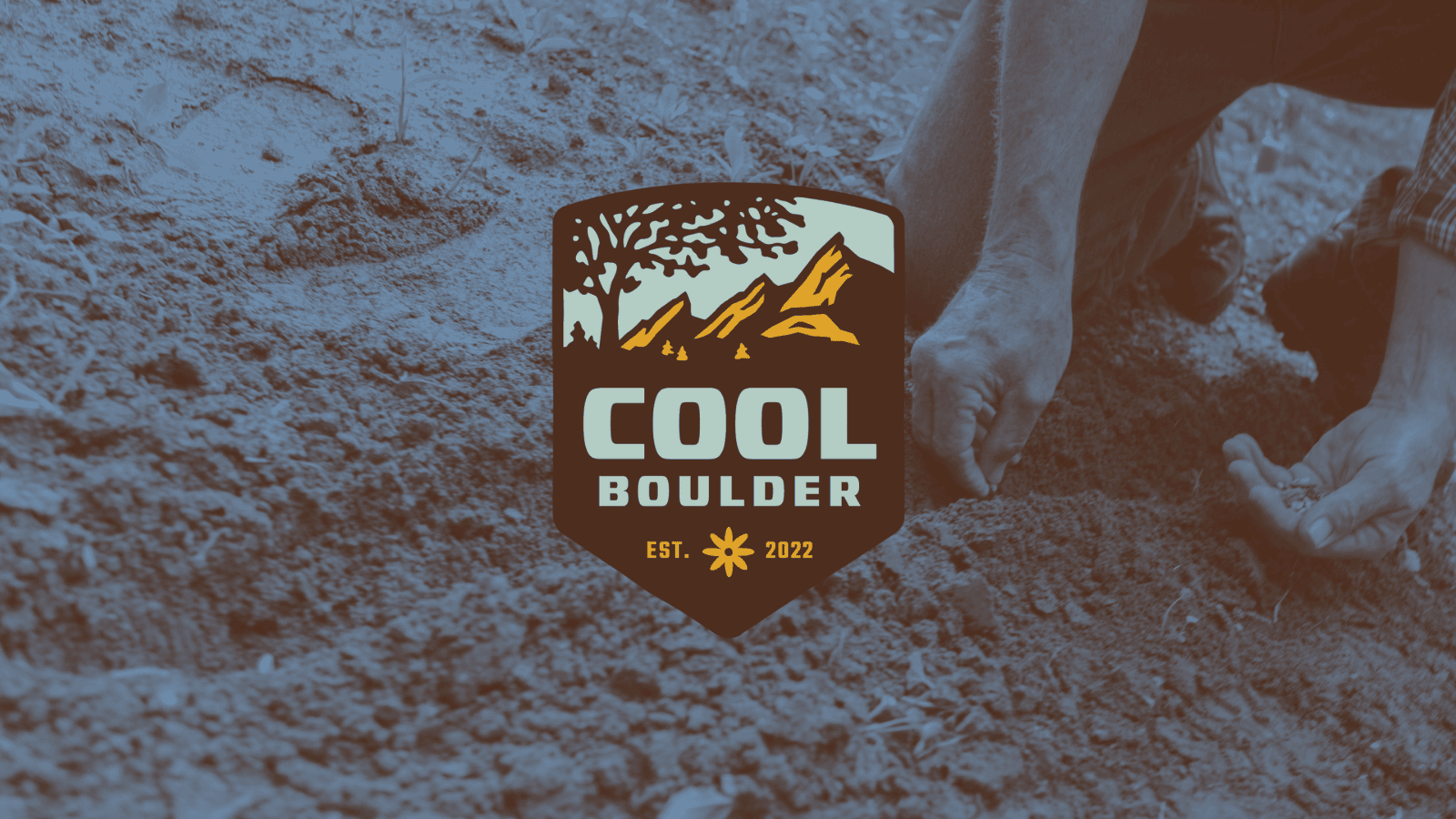
Healthy Soils - 101
Good stewardship of soil–at your home, school, or workplace–is one of the most important things you can do for the planet!

The Little Things You Can do for Little Things
It’s the little things that matter. Learn about some easy ways to support pollinators.

Cool Boulder Event on January 31st - Recap, Q&A’s & Recording!
Thank you to everyone who attended Cool Boulder’s Biodiversity, Climate and You event, both in-person and virtually! We reached full capacity for this free event, so were very happy to offer a remote option to follow along on a livestream. On the night of the event, we had up to 70 attendees present in person to listen to the presentation and panel, as well as participate in an activity to personally get involved in climate and biodiversity action!

Cool Boulder Event on January 31st - Save the Date!
The world’s governments met in Montreal last month to hammer out an agreement with specific goals and targets to save the world’s biodiversity. Why are the world’s living systems critical to each of us and how is protecting biodiversity deeply connected to climate change and solutions that address both? But most important, why should an international agreement matter to us and what can each of us do to make a difference?
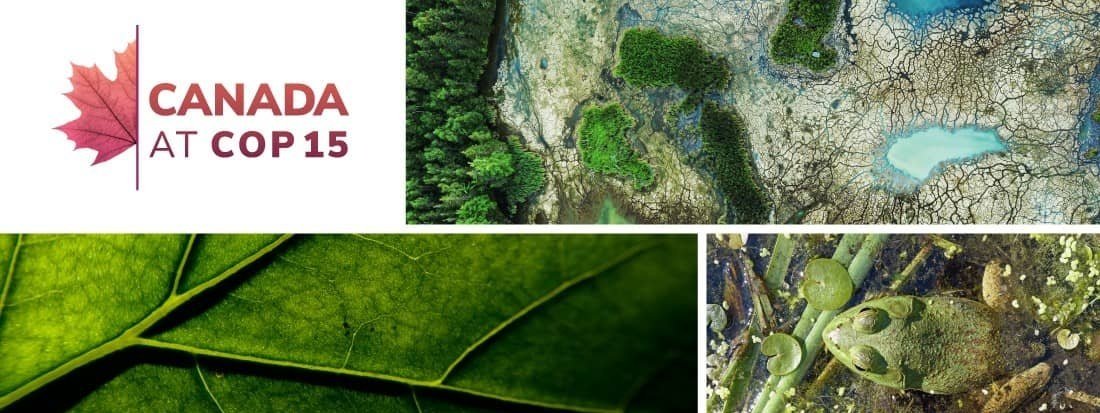
UN Biodiversity Conference - COP15 in Montréal: Context
In preparation for the upcoming COP15 Montreal UN Convention on Biological Diversity, Cool Boulder would like to provide context regarding the three UN Conference of the Parties conventions that are critical to addressing the global threats of climate change, biodiversity loss, and desertification trends.

Nature-based Climate Solutions & the Cool Boulder Campaign
We can make our community more resilient and equitable by tapping into the natural systems and processes that regulate our climate, which nature has developed over a timespan much longer than humans! This approach is called nature-based climate solutions (NbCS).


How to Prepare Winter Sow-Bags
Sow-bags are small, reusable bags that are used to make germinating seeds much easier during the cold winter - like a mini greenhouse! Sow-bags are easy to prepare, and can be a fun, quick activity to give back to the planet (and you can give them as gifts)!

Keeping Pollinators in Mind This Fall and Winter
Many insects that live in our yards, parks, and natural landscapes are well adapted and have varied strategies to persist through the cold winter and shoulder seasons since they require the sun’s warmth to be able to move and function. Where do the insects go and what happens to them during these colder months and how can you support them?

The Joy of Connecting
A reflection on connection and community building through Pollinator Habitat gardens.

Safe Pest Management for Bees, Kids, and the Planet
We do not need systemic neonicotinoids (neonics) or any toxic pesticides to grow plants well. The solution is to employ human attention, biodiversity, nutrient-dense soils, application of nontoxic management, and tolerance.

Putting the “Community” into Community Science
Community science is exciting because individuals don’t have to have formal scientific training to contribute to our mutual understanding of the natural world. People who are curious about the world around them can take the time to learn more, whether it’s about pollinators or soil or the stars above. Participating in these projects yields benefits for both the individual and for the world.
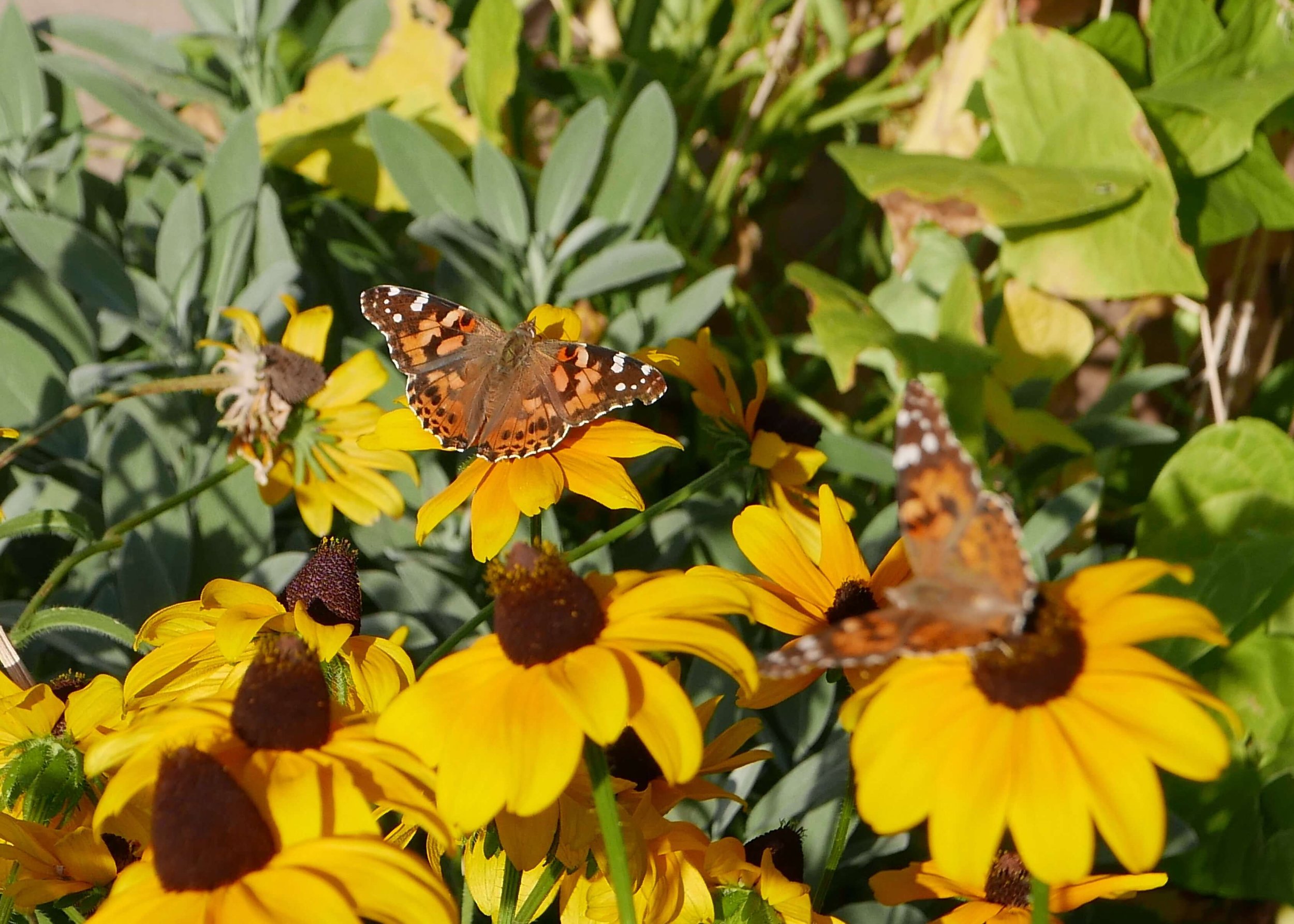
Rewilding: Pollinator Pathways
Pollinator pathways are pesticide-free contiguous habitats of predominantly native plants that provide forage and shelter to native insect and wildlife species. The city and its partners are working together to provide the knowledge, resources and community networks to rewild Boulder and support life-giving ecosystems.
